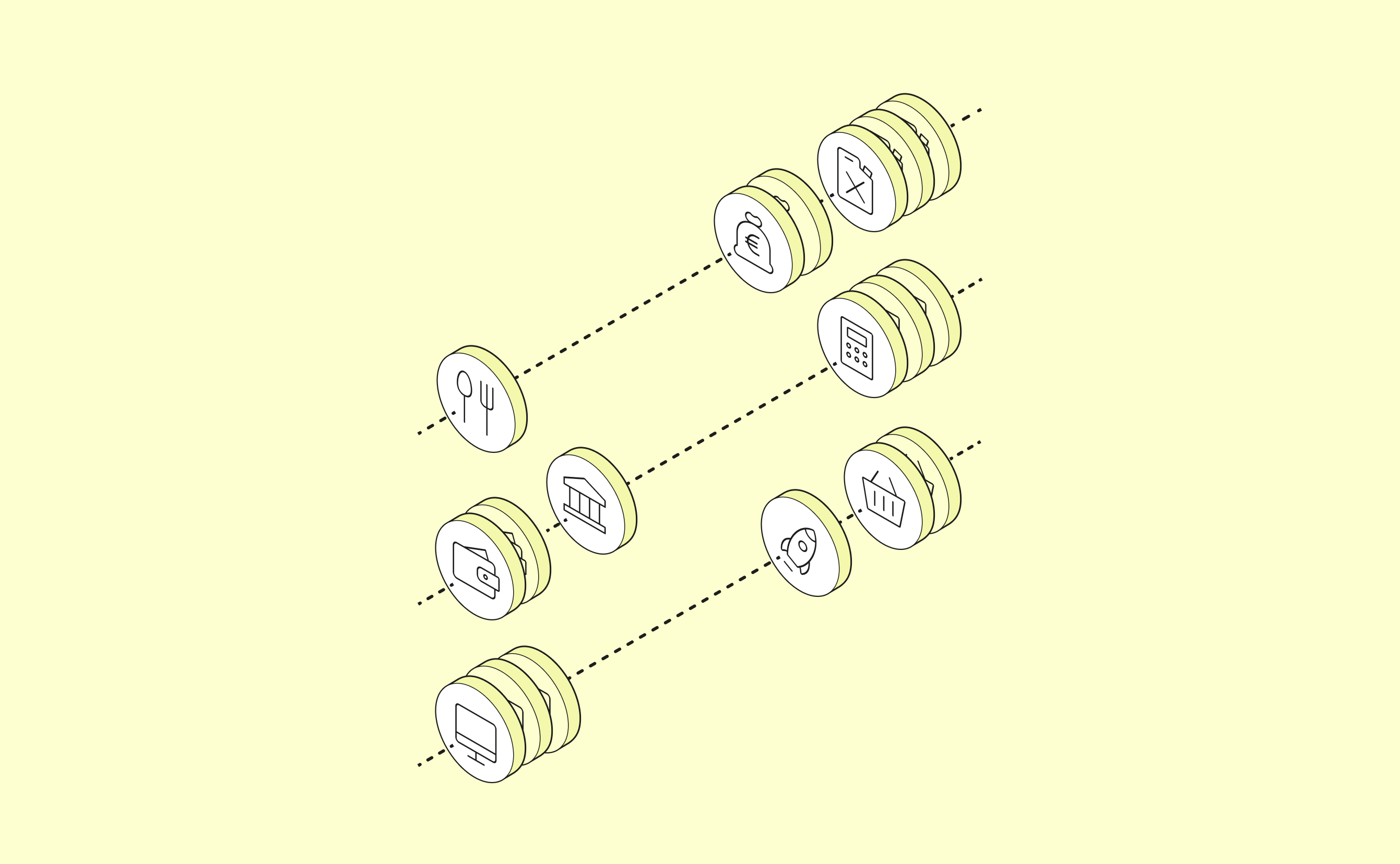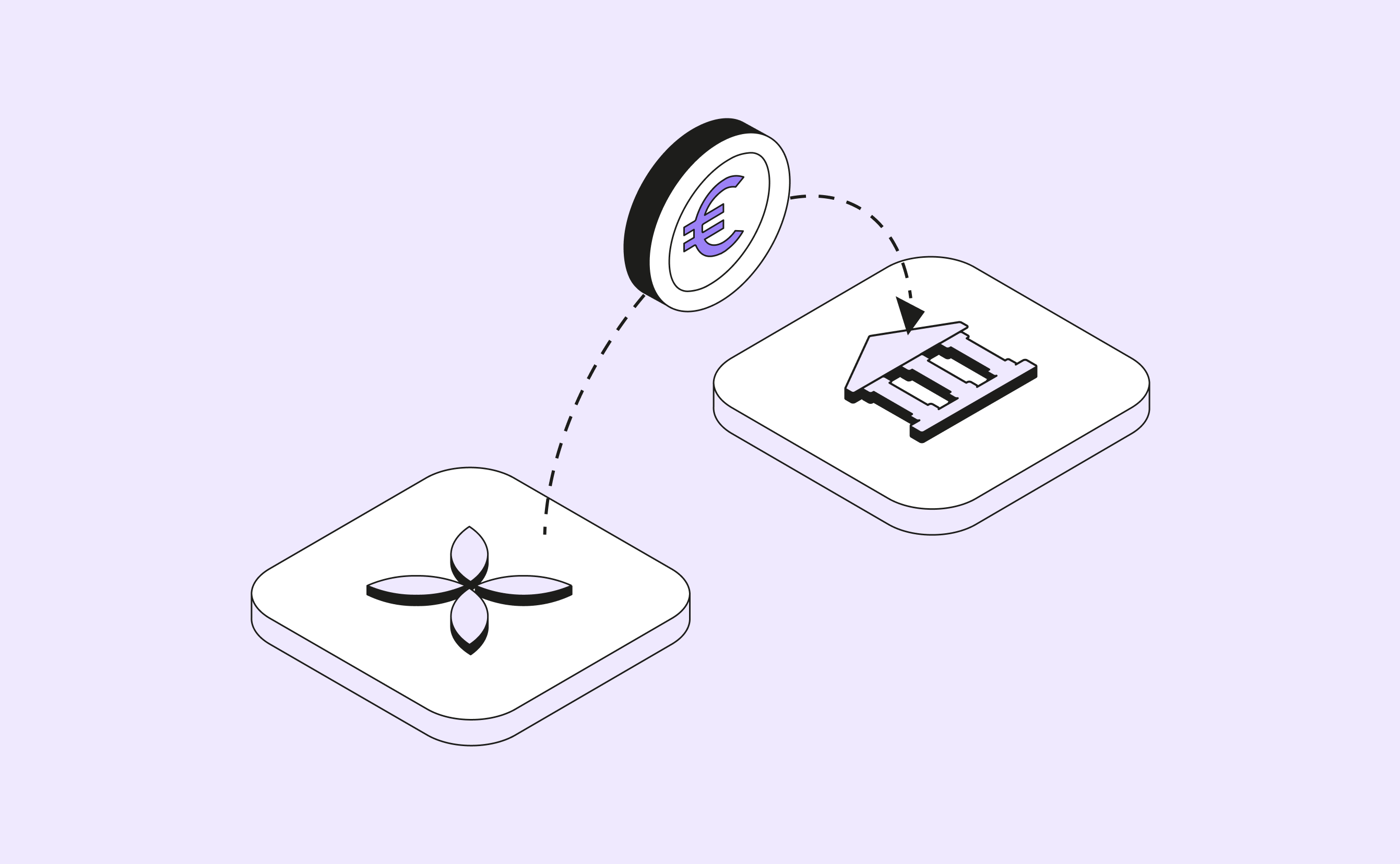Reducing energy consumption at work is one of the best ways to make easy savings. If you haven’t tackled the issue of your energy consumption in your business, there are likely plenty of ways you’re losing out on money without realising.
Business energy savings: reducing your company’s energy consumption

Energy as major expense for businesses
Energy use in the EU economy amounts to 62 million TJ (terajoules), with EU businesses making up three quarters of that amount. Businesses consume a high amount of energy through their operations, especially ones with production of goods and maintaining an office.
Energy saving tips for businesses in purchasing
A good place to start with saving energy is by reviewing your purchasing.Your supplier, equipment, and type of energy consumed can all be changed for the better. This stage of energy conservation will cost you money, but it’s about investing now to save later.
Use a retail energy provider
This won’t be possible for everyone as it’s dependent on region, but if you run your business in an area with a deregulated energy market, you might be able to switch to a retail energy provider (REP). REPs, instead of having energy prices change according to market fluctuations, have a fixed price for their energy costs to businesses and residents.
- Credit rating
- Customer service
- Technology offerings
Deregulated energy market
Get energy-efficient equipment
Upgrading and replacing business equipment is costly upfront, but can lead to considerable savings. The idea is to replace faulty and inefficient equipment with newer, better designed ones which won’t cause problems later on and result in costly repairs, or emergency replacements during a difficult financial period.
- Combined Heat and Power (CHP): CHP systems generate electricity and thermal energy in one integrated system, operating at almost double the efficiency percentage as regular systems
- Compressed air system: a more efficient compressed air system will generate more energy
- Energy management system: installing an energy management system will automatically switch off any equipment that isn’t needed at the time
- Food service equipment: more efficient refrigerators, stoves, and other food service equipment can cut the energy costs of a restaurant by up to 30%
- Heating, ventilation, and air-conditioning: better temperature balance in the office can cut energy costs and improve worker efficiency due to more comfort
- Lighting: energy efficient bulbs and automatic shut off systems can make a considerable reduction of energy costs over time
- Variable Speed Drivers (VSDs): reducing or increasing speed due to change in loads of HVACs, VSDs can save up to 35% of energy costs
- Manufacturing equipment: efficient manufacturing equipment can cut energy costs, improve production, and reduce greenhouse gas emissions
Protect yourself against energy scams
Energy scams happen at home and in your place of work. The first step to protecting yourself against them is to identify the different types of possible scams and how they attempt to rope you into dangerous situations. This is especially true for new small business owners.
Slamming
Slamming
Third-party electricity suppliers may try to enrol you in their services without your consent. This is called ‘slamming’ and it happens when the scammers attempt to obtain your account number and make the switch to their services without your knowledge.
Discounted rate scam
Discounted rate scam
You may be offered discounted rates via email, phone, or even in person if you switch to a third-party energy supplier. Once you’ve signed a long-term contract, the rates continue to climb until you’re locked into a contract paying extortionate energy rates with devastating cancellation fees.
Unpaid bill scam
Unpaid bill scam
In the case of this scam, you will be informed that your power is going to be shut off due to unpaid bills. The scammers request you settle your outstanding bill to halt the shutoff, by paying either in cash or a prepaid credit card.
Repair/inspection scam
Repair/inspection scam
A more common threat to homeowners, small business owners are still at risk of scammers showing up at their place of business and informing them about necessary inspections or repairs.
Think about solar power
More investors are buying into solar power and major retailers are selling solar panels for home and business owners. It’s entering the mainstream as more than just a sustainable option: solar power is an energy saver. US businesses reported a massive 89% reduction in their energy bills after switching to solar.
- Cut the cost of daily operations of your business
- Reliance on an infinite resource, the technology of which is continuing to develop
- Independence from energy companies
- Potential regional tax benefits
- Attract customers looking for sustainable companies
Take part in demand response programmes
Demand response programmes allow energy consumers to play a more active role in how the electricity grid operates. They balance the supply and demand in certain areas in order to lower the electricity cost in certain markets and, overall, lower the wholesale price of energy.
- Time based rates (time of use pricing, critical peak pricing, etc.)
- Direct load control programmes
These methods offer customers financial incentives to participate, such as discounts off their next bill.
Benefit from tax breaks and incentives
More and more governments are offering tax breaks to companies and individuals who lower their energy use, sometimes called ‘energy relief packages’. These have become more popular in Europe since the COP26 pledges and gas crisis.
Learn from other businesses
Small business owners shouldn’t operate on an island. Entrepreneurship is a community. It’s an opportunity to swap ideas, grow together, and learn from each other. Whether you do this remotely via Slack communities with your business banking provider, or meet with other entrepreneurs at group meetups and conventions, communication is key.
- Create a social media page or messaging group
- Organise meet-ups
- Follow Twitter feeds and contribute
- Raise money to offer prizes for energy use competitions
Competition among businesses shouldn’t create animosity—it should foster a sense of friendly competition. This can be used for good in causes that affect us all, like energy crises and environmental concerns.
Business energy savings by monitoring
Monitoring your energy use might bring to mind hours spent pouring over spreadsheets, but with so many technological developments and resources in recent years, it doesn’t have to be so energy inducing. In turn, maintaining a clear picture of your energy use will reveal countless ways in which you can conserve and save.
Do an energy audit
Energy audits are mandatory for larger companies, but there are benefits for SMBs, too. Both the EU and Germany’s federal government are offering more incentives for smaller companies to organise energy audits in their companies.
What does an energy audit entail?
What does an energy audit entail?
Larger companies usually have internal auditors to perform these compulsory duties, however a smaller company will have to contact an external energy auditor.
What types of energy audits are there?
What types of energy audits are there?
There are two different types of company energy audits the auditor can complete:
Set clear energy saving goals
Key to saving energy in your business is setting both long and short term goals. These should be energy efficiency targets you plan to meet at certain points in the year, and should prompt reviews of your performance when each target is met or not.
- Replacing the lightbulbs in your office with energy efficient ones
- Putting together a green team for energy conservation ideation
- Creating a team of energy efficiency officers
Long term goals could include:
- Setting and reaching annual energy reduction targets
- Replacing office equipment with energy efficient alternatives
- Meeting CO2 emission reduction targets
Engage employees in business energy savings
Engaging your employees in energy saving initiatives is a great way to meet your goals. With more minds on the job, you’re more likely to implement creative and versatile ways to conserve energy in your company.
Energy saving tips for businesses in HVAC
One of the best practices for company energy conservation is through improving the efficiency of your Heat, Ventilation, and Air Conditioning systems or HVAC. Not only do these use a great deal of energy (especially when outdated or faulty), but they are also conducive to productivity from you and your employees.
Audit your current HVAC system
An assessment of the make, model, and current state of your HVAC system should come first. Hire a professional to take a look at your system and they can determine whether it needs a service or upgrade, and what kind of HVAC system you actually need. Depending on the size of your office, you may be using an expensive system for a small space, or overworking a smaller system in a bigger space.
Set HVAC system for seasonal change
Controlling your HVAC’s cooling water temperature will allow the system to use less power and still provide a comfortable temperature. During certain seasons, only a mild change in temperature may be needed, thus using far less power because the compressor won’t have to work so hard.
Use automation where possible
Automating the speed, run-time, and output of HVAC systems can regulate heating and cooling systems while still providing comfortable temperature levels in the office. A good automated system can save up to 25% on energy costs without you having to do anything to your system.
Saving money on lighting
It might seem like a small aspect of energy consumption and a minor part of your energy bills, but all the little bits add up. Lighting is something we may not think we can make big savings on, but once we begin to approach it consciously, the savings become clear.
Make use of natural sunlight
Natural light is, obviously, the cheapest and most efficient way to adequately brighten up your office space. This will however depend on the structure of your office and whether or not the existing natural light will be enough for you and your employees’ working conditions.
Switch to energy-efficient light bulbs
All offices will still need to use artificial lighting, so choosing the most energy efficient ones is crucial.
- Switch to LEDs. If you haven’t already, switch to LED lighting, preferably 18 T8 LED bulbs. These bulbs last longer and don’t produce any heat. You’ll save on bulb replacements throughout the year and keep the office at a more even temperature, saving extra on air-conditioning.
- Use low-wattage signs where possible. Make sure your emergency lighting, such as exit signs, are low wattage LED lights that will last a long time (2+ decades). The most energy efficient lighting would in this case be photoluminescent exit signs which don’t require electricity and recharge when near another light source.
Turn off the lights when not used
Make sure you and your staff are aware of only having the lights on when they’re being used. There are few more frustrating energy drainers than a light left on overnight or in a meeting room no one’s occupying. Install automatic switches, which may have a steep upfront cost but the overall savings of a long-term investment will outweigh it.
Ways of saving electricity in an office space
While it’s most efficient to have a hybrid or remote office, there’s a strong likelihood your company requires an office to function. This will undoubtedly add energy costs to your operations, but there are plenty of ways to keep those low.
Use energy-efficient equipment
Most of the energy efficiency changes you can make in the office are easy to implement but come with some upfront costs. Switching to energy efficient may mean paying for new equipment but inefficient equipment can cause a serious blow to your budget every month.
- Equipment that’s turned off when it’s not in use
- Built-in energy saving features
- Up-to-date, high quality appliances and equipment
- Energy use monitors
Switch to laptops
Laptop computers use about 80% less energy than desktop computers, making them vastly superior in terms of energy consumption. Absolutely make the switch or start your business with laptops for yourself and your staff if they can adequately perform the tasks needed.
Reduce paper use
It’s easier now than it ever has been to reduce paper use at work. There are digital alternatives for most everything.
- Second guess whether you need something to be printed
- Use paperless notes
- Sign contracts electronically
- Use online and cloud storage
- Hot-desk to reduce clutter
- Have brainstorming sessions on ways to use paper
- Only use recycled paper when necessary
Business energy savings should be a focus of every entrepreneur who wants to run their business efficiently and successfully. Consumption is both a concern financially and more widely as we work together to fight climate change and consumption levels.
- Research and switch energy providers to find better deals, replace your equipment with energy efficient alternatives, consider solar power, and stay vigilant against energy scams
- Organise an energy audit to determine where you can save, set clear energy saving goals, and engage your staff on the topic
- Update your HVAC system, make sure it adjusts to seasonal changes, and automate it where possible
- Use LED lighting, natural light, and always turn off the lights when they’re not being used
- Replace computers with laptops, buy energy efficient equipment in the office, and reduce paper use at every opportunity






